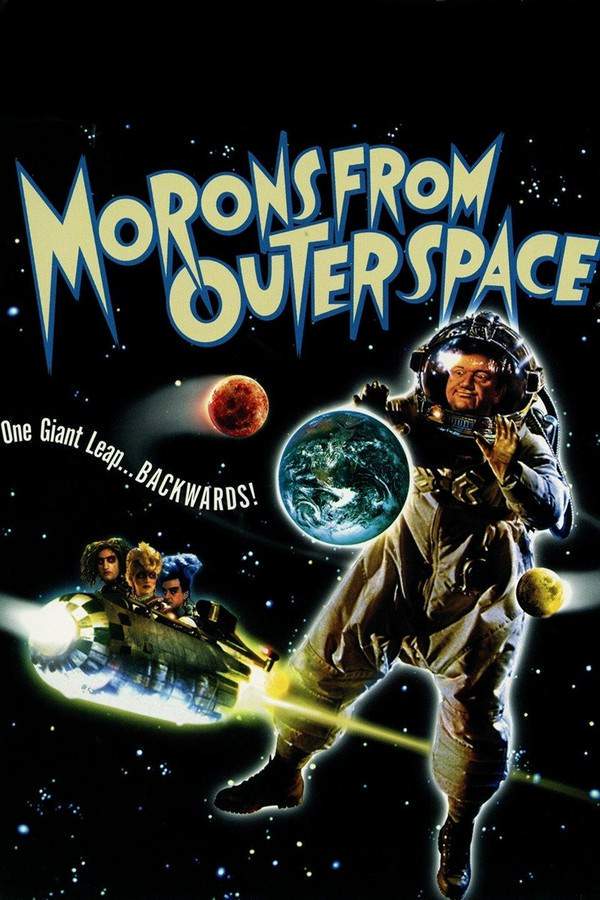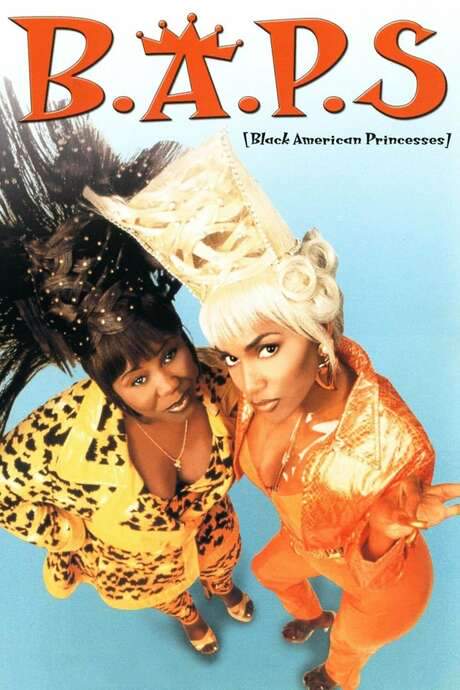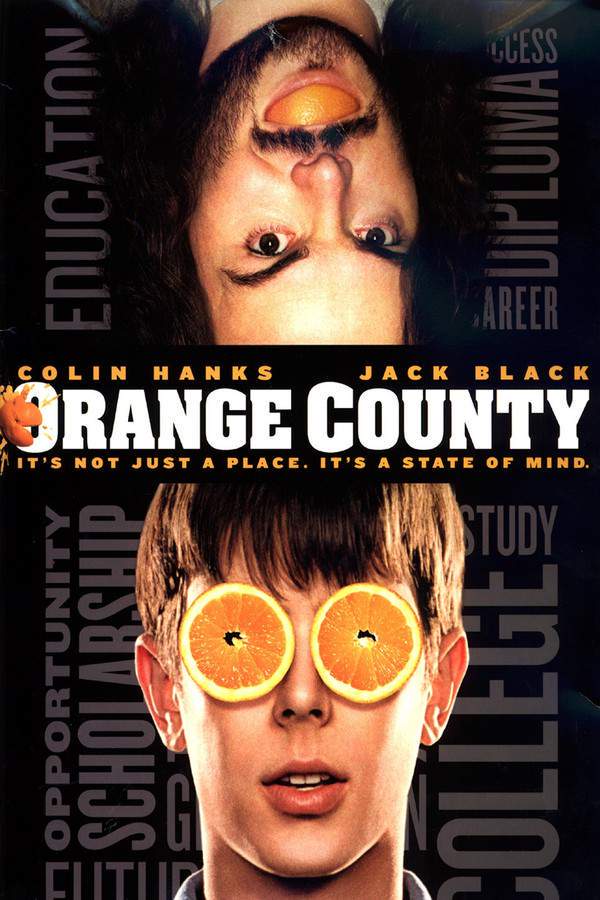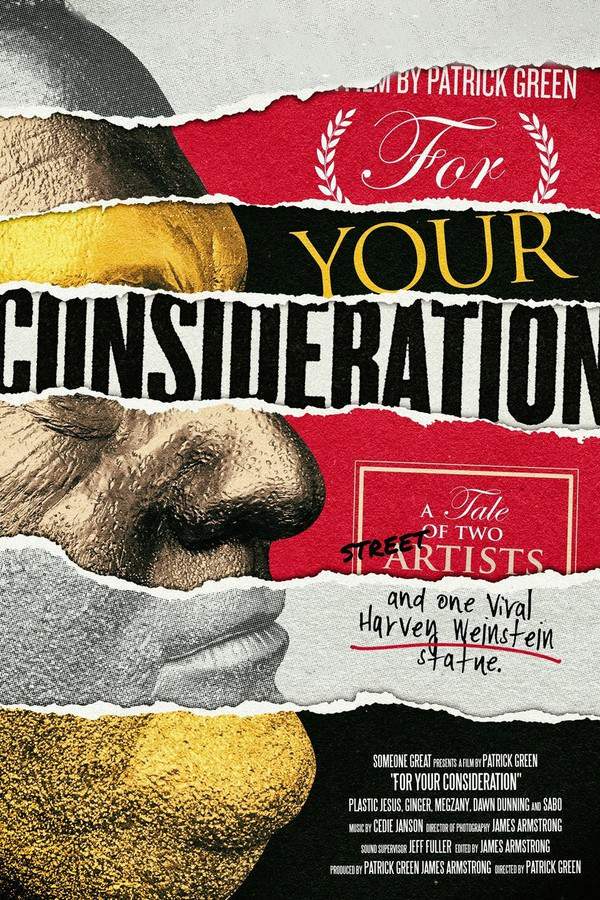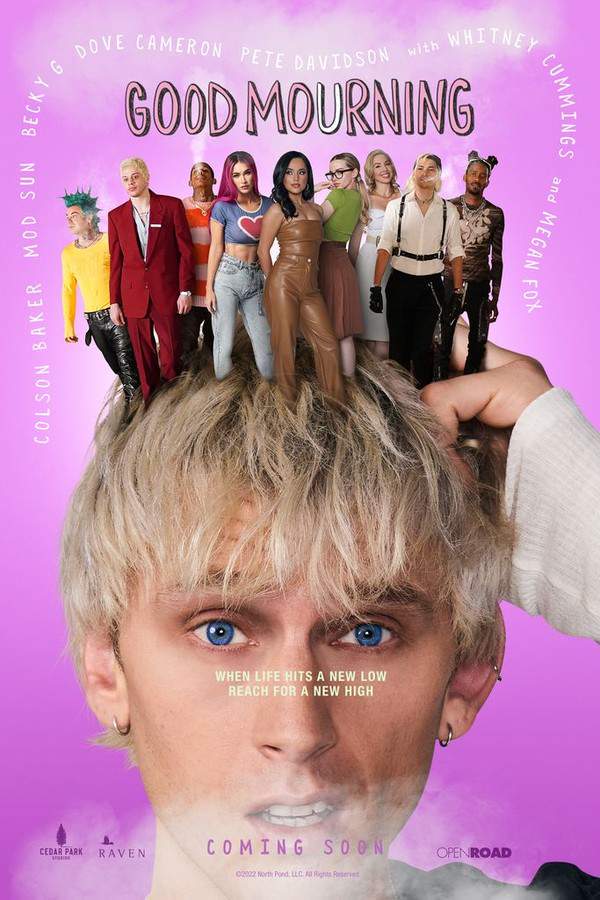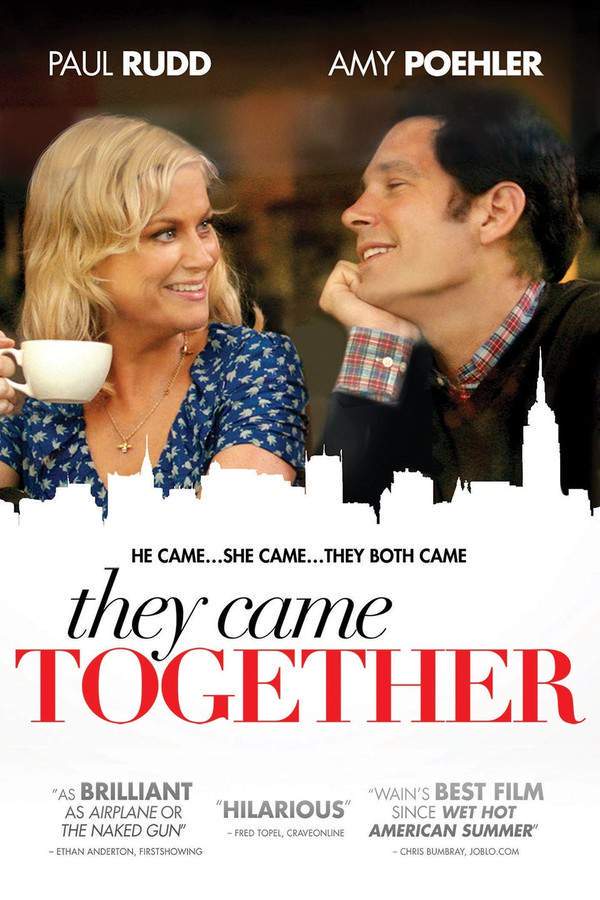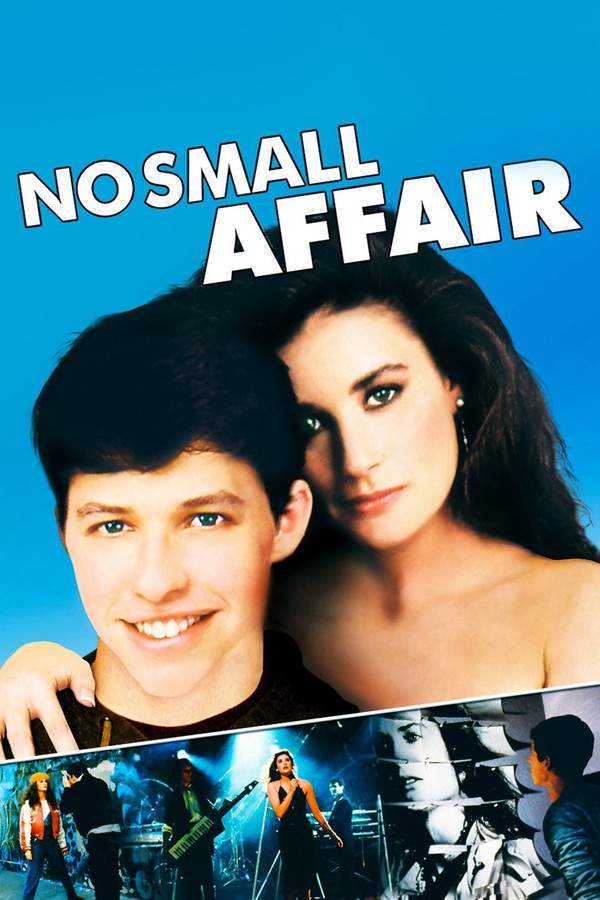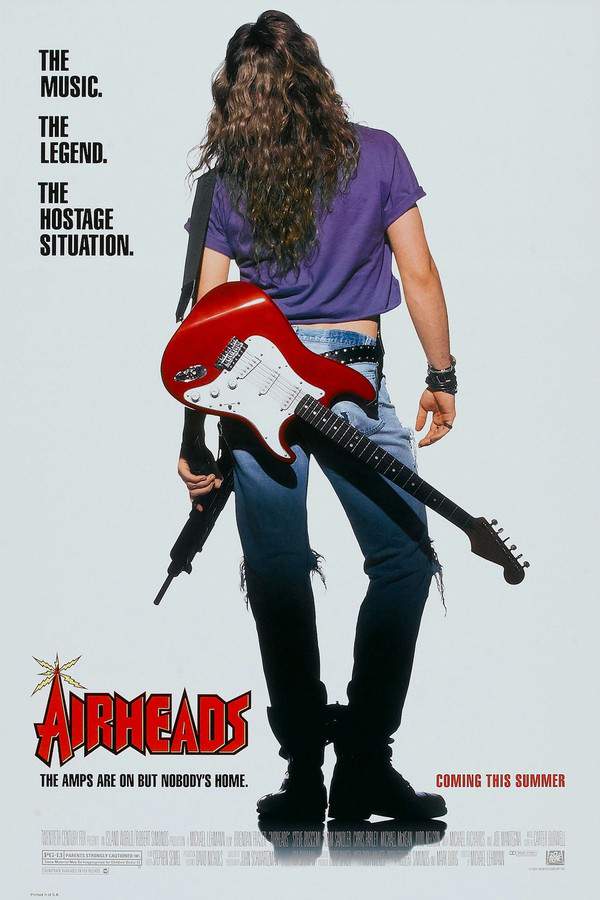
People Just Do Nothing: Big in Japan
Following the shutdown of their pirate radio station, the Kurupt FM crew find themselves unexpectedly thrust into the spotlight when one of their tracks appears on a Japanese game show. Suddenly, their music is reaching a massive audience, and the possibility of international stardom looms. Chabuddy G eagerly returns as their manager, guiding Grindah, Beats, Steves, and Decoy on a journey to Japan, but the group must face the question of whether the country is prepared for Kurupt FM's unique brand of comedy and music.
Warning: spoilers below!
Haven’t seen People Just Do Nothing: Big in Japan yet? This summary contains major spoilers. Bookmark the page, watch the movie, and come back for the full breakdown. If you're ready, scroll on and relive the story!
People Just Do Nothing: Big in Japan (2021) – Full Plot Summary & Ending Explained
Read the complete plot breakdown of People Just Do Nothing: Big in Japan (2021), including all key story events, major twists, and the ending explained in detail. Discover what really happened—and what it all means.
Grindah, Allan Mustafa leads a trio of post-show blues, with Beats, Hugo Chegwin working at a bowling alley and Steves, Steve Stamp still bunkered in the Brentford flats. Three years after Kurupt FM’s final transmission, their once-bright momentum has flattened into dead-end routines, until a spark arrives in the form of a surprise breakthrough. Chabuddy Gul’s news hits: their track, Heart Monitor Riddem, has exploded in Japan on a popular game show, and the show’s producers want to fly them over for a potential record deal. The prospect rekindles old ambitions, and Miche, Grindah’s wife, soon joins the journey as tickets and plans come together.
In Tokyo, the entourage receives a manager and a translator to steer them through unfamiliar territory. Taka, Ken Yamamura takes the lead as their manager, while Miki, Hitomi Souno, acts as translator and becomes a key fixture on the trip, even helping Steves in his more outlandish moments. But early friction surfaces quickly: Chabuddy G’s grip on leadership is challenged as Taka’s presence tugs attention away, and Chabuddy is even kicked out of a club as the new regime asserts itself. The dynamics grow tenser as Miki forms a close but complicated bond with Steves, while Taka’s publicist moves cast Grindah as the central figure, leaving the rest feeling sidelined.
The company’s plan for a Japan debut is ambitious but opaque, with a concert and a record deal looming within days. The terms and conditions are murky because Chabuddy secretly deleted the email containing the small print, leaving the crew unsure about what they’re signing up for. Their first day in Japan doesn’t unfold as planned: instead of stepping into a studio, they’re ushered into a dance studio to perform a routine tied to the game show, a move orchestrated by Taka to showcase a persona that may win over the Japanese audience. Grindah insists the dances are essential for their success, even as the rest drift toward disquiet and doubt.
A photo shoot in flashy outfits exposes the widening rift within the group. Taka’s public positioning of Grindah as the face of the act ignites tension with the other members, and the mood grows fractious. At a dinner with Miche and Taka, Chabuddy’s jealousy boils over as he confronts Grindah, pressing him to choose between him and the new manager. Grindah refuses to pick sides, leaving Chabuddy feeling sidelined and defeated.
The feud between Beats and Grindah comes to a head when they’re slated to perform as the “Bang Boys” on the game show. Right before filming, Beats accuses Grindah of selling out and neglecting their garage roots, and a heated altercation erupts. The fallout sees the rest of the crew walk away, and Grindah appears on the show solo, plagued by nerves and a sense of disconnection from his friends. A failed recording session with a J-pop artist later reinforces the sense that their plans aren’t shaping up as hoped.
Meanwhile, Steves harbors feelings for Miki but struggles to voice them, and a drunken Chabuddy compels himself to buy rounds for strangers, blurring the lines between generosity and extravagance. When the barman, Yuta, reveals that Taka’s tab has been closed, Chabuddy realizes he’s run up hundreds of pounds and flees the hotel, ending up briefly homeless as the night spirals.
On the day of the concert, Grindah arrives alone, unsettled by the absence of his former crew and his sense that he’s drifted from the roots that defined them. He hides in a bathroom stall, while Chabuddy G traces a Bang Boys van to the venue and eventually vacates his post as Grindah falters. When the Bang Boys take the stage, Chabuddy and Miki persuade Taka’s managers that Grindah knows the dance routine, and they walk away, leaving the stage to callous improvised performances.
What remains of Kurupt FM congregates in a karaoke bar, nursing a mix of frustration, nostalgia, and hope. Then Grindah re-enters, reaffirming the band’s friendship as the “best thing to happen” to him, and the rest of the crew arrives to accompany him in an emotional karaoke rendition of Heart Monitor Riddem. The moment is imperfect but cathartic, with Taka’s missteps on stage adding a touch of comedy to the sorrow. In the closing credits, the plans are set for a future: Kurupt FM is poised to release its first album, Miche hopes to publish a book, and Steves and Miki formalize their partnership as domestic partners—but how Steves will eventually find his way back to England remains unresolved.
Last Updated: October 01, 2025 at 10:24
Explore Movie Threads
Discover curated groups of movies connected by mood, themes, and story style. Browse collections built around emotion, atmosphere, and narrative focus to easily find films that match what you feel like watching right now.
Cultural Clash Misadventures like People Just Do Nothing: Big in Japan
Endearingly incompetent characters bumbling their way through unfamiliar cultures.Find more movies like People Just Do Nothing: Big in Japan, featuring awkward crews and comedic groups navigating unfamiliar territory. If you enjoyed the Kurupt FM crew's bumbling journey, you'll love these similar stories of cultural misunderstandings and humorous fish-out-of-water scenarios.
Narrative Summary
Stories typically follow a group or individual from a familiar, often small-scale setting who unexpectedly gain an opportunity in a vastly different culture. The plot revolves around their misadventures as they try to capitalize on this chance, leading to a series of comedic failures and misunderstandings before a climax that often reaffirms the value of their original, authentic selves over the pursuit of external fame or validation.
Why These Movies?
These films are grouped by their shared lighthearted, satirical tone and steady pacing. They focus on the comedy derived from incompetence and cultural dissonance, resulting in a viewing experience that is more uplifting and cathartic than cringe-inducing. The emotional journeys are straightforward and center on friendship and artistic integrity.
Bittersweet Pursuits of Fame like in People Just Do Nothing: Big in Japan
Journeys where the dream of stardom is funnier and more meaningful than the success.Discover movies similar to People Just Do Nothing: Big in Japan, where quirky characters chase unlikely dreams. If you liked the Kurupt FM crew's heartfelt and funny quest for stardom, explore these other stories about passionate underdogs, artistic integrity, and the bittersweet joy of the journey over the destination.
Narrative Summary
The narrative pattern involves a sudden, unexpected opportunity for recognition that propels a group of passionate amateurs into a larger world. They face challenges that test their unity and artistic vision, leading to a climax where their grandiose ambitions may fail, but the experience culminates in a bittersweet yet hopeful resolution that values their camaraderie and authentic passion above fame.
Why These Movies?
Movies in this thread share a specific emotional mix: a light emotional weight combined with a bittersweet ending feel. They balance high humor with moderate dramatic tension, creating a coherent vibe that is both amusing and cathartic. The central theme of 'found family' and artistic passion unites them, making the recommendations feel cohesive.
Unlock the Full Story of People Just Do Nothing: Big in Japan
Don't stop at just watching — explore People Just Do Nothing: Big in Japan in full detail. From the complete plot summary and scene-by-scene timeline to character breakdowns, thematic analysis, and a deep dive into the ending — every page helps you truly understand what People Just Do Nothing: Big in Japan is all about. Plus, discover what's next after the movie.
People Just Do Nothing: Big in Japan Timeline
Track the full timeline of People Just Do Nothing: Big in Japan with every major event arranged chronologically. Perfect for decoding non-linear storytelling, flashbacks, or parallel narratives with a clear scene-by-scene breakdown.

Characters, Settings & Themes in People Just Do Nothing: Big in Japan
Discover the characters, locations, and core themes that shape People Just Do Nothing: Big in Japan. Get insights into symbolic elements, setting significance, and deeper narrative meaning — ideal for thematic analysis and movie breakdowns.

People Just Do Nothing: Big in Japan Spoiler-Free Summary
Get a quick, spoiler-free overview of People Just Do Nothing: Big in Japan that covers the main plot points and key details without revealing any major twists or spoilers. Perfect for those who want to know what to expect before diving in.

More About People Just Do Nothing: Big in Japan
Visit What's After the Movie to explore more about People Just Do Nothing: Big in Japan: box office results, cast and crew info, production details, post-credit scenes, and external links — all in one place for movie fans and researchers.

Similar Movies to People Just Do Nothing: Big in Japan
Discover movies like People Just Do Nothing: Big in Japan that share similar genres, themes, and storytelling elements. Whether you’re drawn to the atmosphere, character arcs, or plot structure, these curated recommendations will help you explore more films you’ll love.
Explore More About Movie People Just Do Nothing: Big in Japan
People Just Do Nothing: Big in Japan (2021) Scene-by-Scene Movie Timeline
People Just Do Nothing: Big in Japan (2021) Movie Characters, Themes & Settings
People Just Do Nothing: Big in Japan (2021) Spoiler-Free Summary & Key Flow
Movies Like People Just Do Nothing: Big in Japan – Similar Titles You’ll Enjoy
Airheads (1994) Detailed Story Recap
Being Natural (2018) Spoiler-Packed Plot Recap
Kevin & Perry Go Large (2000) Spoiler-Packed Plot Recap
Adrift in Tokyo (2007) Spoiler-Packed Plot Recap
Big Dreams Little Tokyo (2006) Full Summary & Key Details
Bumpkin Soup (1985) Full Movie Breakdown
Joysticks (1983) Movie Recap & Themes
The Legend of the Stardust Brothers (1985) Movie Recap & Themes
Kurupting the Industry: The People Just Do Nothing Story (2021) Movie Recap & Themes
Getting Any? (1994) Complete Plot Breakdown
Brass Knuckle Boys (2009) Story Summary & Characters
The Big Noise (1944) Plot Summary & Ending Explained
One Piece! (1999) Plot Summary & Ending Explained
The Jerky Boys (1995) Spoiler-Packed Plot Recap
What Just Happened (2008) Ending Explained & Film Insights



